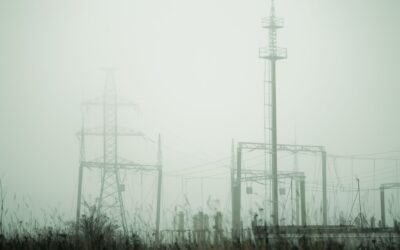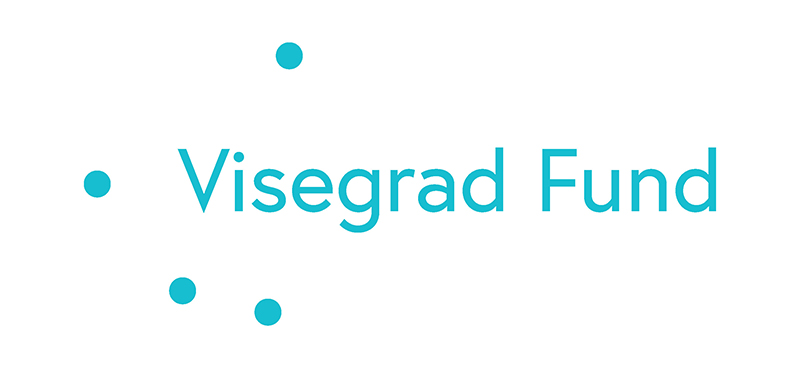PROJECT AND EVENT CALENDAR
When is remote learning 2022/23?
Remote teaching 2022 has been arousing great emotions recently. The Ministry of Education and Science assures that everything is under control and remote learning will not...
Online teaching methods
Distance learning has its advantages and disadvantages. Although it causes difficulties for both teachers and students, it is equated with the education of the future. How then...
Are we at risk of distance learning?
Are we at risk of distance learning? According to the ordinance of the Polish MEiN, education in the school year 2022/2023 is to take place at school facilities. However, more...
What do students think about distance education?
The first interview with a Polish elementary school student was conducted today. How does the time of distance learning recall? From an interview with a fifth grade student, From...
Research starts at school
Scientific research will begin with the start of the new school year. The topic is school education conducted in pandemic and post-pandemic conditions in 2020-2022. The research...
Working meeting of the project partners
A working meeting of the project partners will take place from 12 to 16 September. The purpose of the meeting will be: - final approval of the research tools used in the...
Short description of the project:
The SARS-CoV-2 virus outbreak has led to the closure of schools and the introduction of compulsory distance learning. In the new educational reality, teachers had to face the most important goal: to enable students to effectively acquire competences resulting from the as-sumptions of the core curriculum. It involved making the most of the available technology. The traditional model of teaching had to be replaced by other methods of work practically overnight, which turned out to be a great challenge not only for teachers, but also for students and their parents.
The main problem that our project focuses on:
The available studies show that in the countries covered by the project, the organization of the educational process faced similar difficulties in the pandemic era. They are related to insufficient IT infrastructure, limited Internet access and insufficient IT competences of both children and teachers. The research shows that for 29% of Polish teachers, participation in remote education was associated with the purchase of new equipment and additional data transfer via the Internet. On the other hand, 13% of students were forced to use borrowed equipment. The rapidly progressing problem of science overload also turned out to be a significant problem. Statistics show that Slovak and Polish children during the pandemic studied remotely for almost the longest in the world – 37 and 35 weeks respectively. This condition will negatively affect their health and mental health. The teachers also experienced negative states. Czech teachers feel exhausted or have mental problems as a result of the pandemic. The percentage of teachers experiencing fatigue increased from 45% to 55%, and 38% of respondents experienced moderate symptoms of anxiety and depression. In turn, about 4/5 of Slovak teachers said they spend more time teaching distance learning than regular classes. The number of hours spent communicating with students and parents has increased, and the number of hours of face-to-face teaching has decreased. The greatest increase in work was recorded by teachers of primary schools. For this reason, the Covid Burnout phenomenon can be observed in this group.
PROJECT PARTNERS
Address: Dvořákova 7, Ostrava, 701 03, Czechia
Website: https://www.osu.cz/
Partner 2. University of Presov
Address: ul. 17. Novembra 15, Prešov, 080 01, Slovakia
Website: https://www.unipo.sk/
Partner 3. Secondary school, Elementary school and Kindergarten, Karviná, contributory organization
Address: Komenského 614/2, Karviná – Nové Město, 735 06, Czechia
Website: http://szmkarvina.cz/kontakty/
Partner 4. Public Primary School No. 2 them. Polish Olympians in Opole
Address: Katowicka 35, Opole, 45-061, Poland
Website: http://www.psp2.opole.pl/
Address: Paláriková, Snina, 069 01, Slovakia
PROJECT MEMBERS
PhD Ewelina Konieczna (project manager)
dr hab. Anna Weissbrot-Koziarska, prof. UO
PhD Grzegorz Kozdraś
doc. PhDr. et PhDr. Martin Kaleja, Ph.D.
Mgr. Edita Satinská, Ph.D.
Ph.D., Ing. Eva Nyklová
Mgr. Jarmila Žolnová, Ph.D.
Mgr. Jana Kožárová, PhD.







